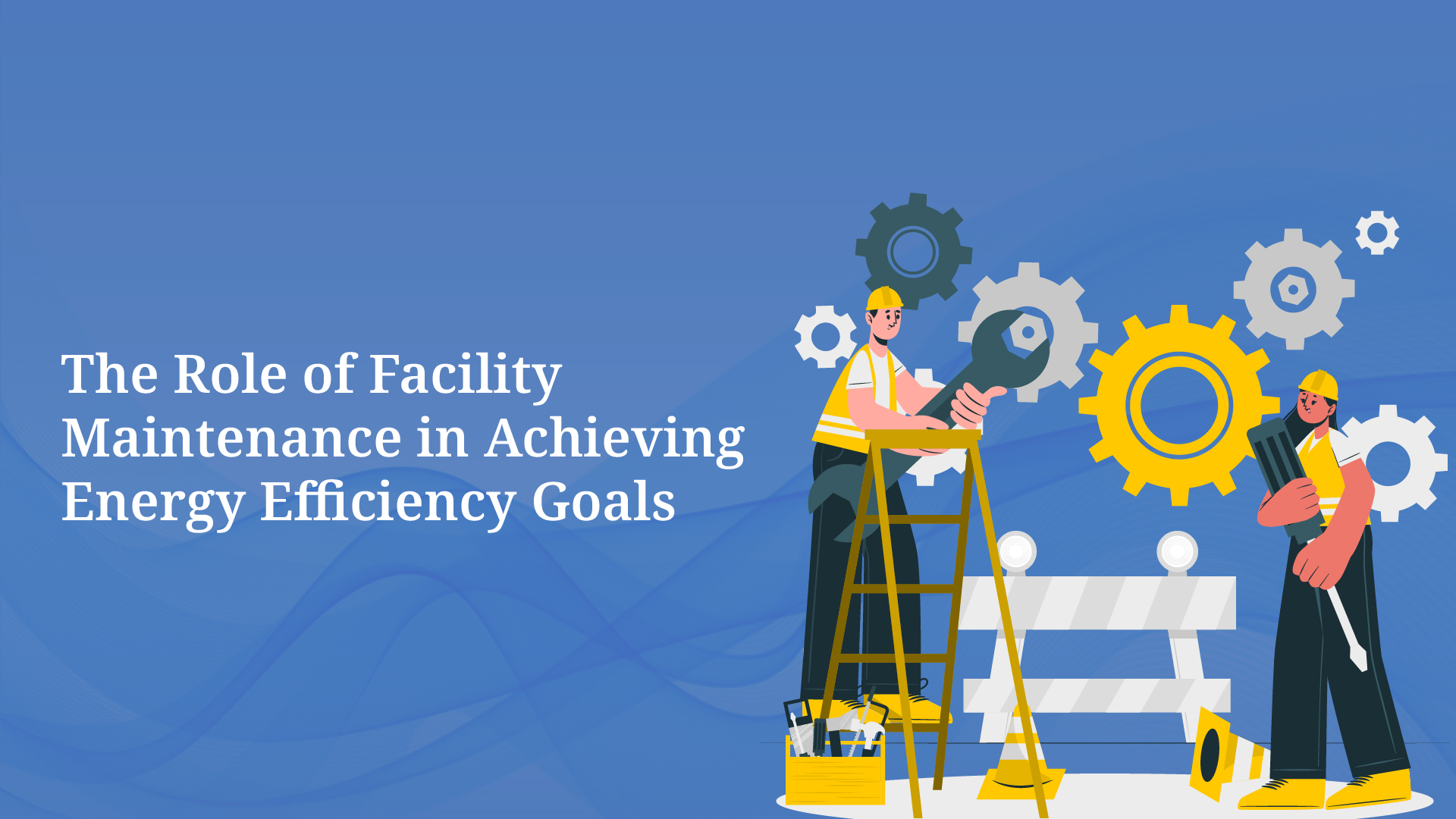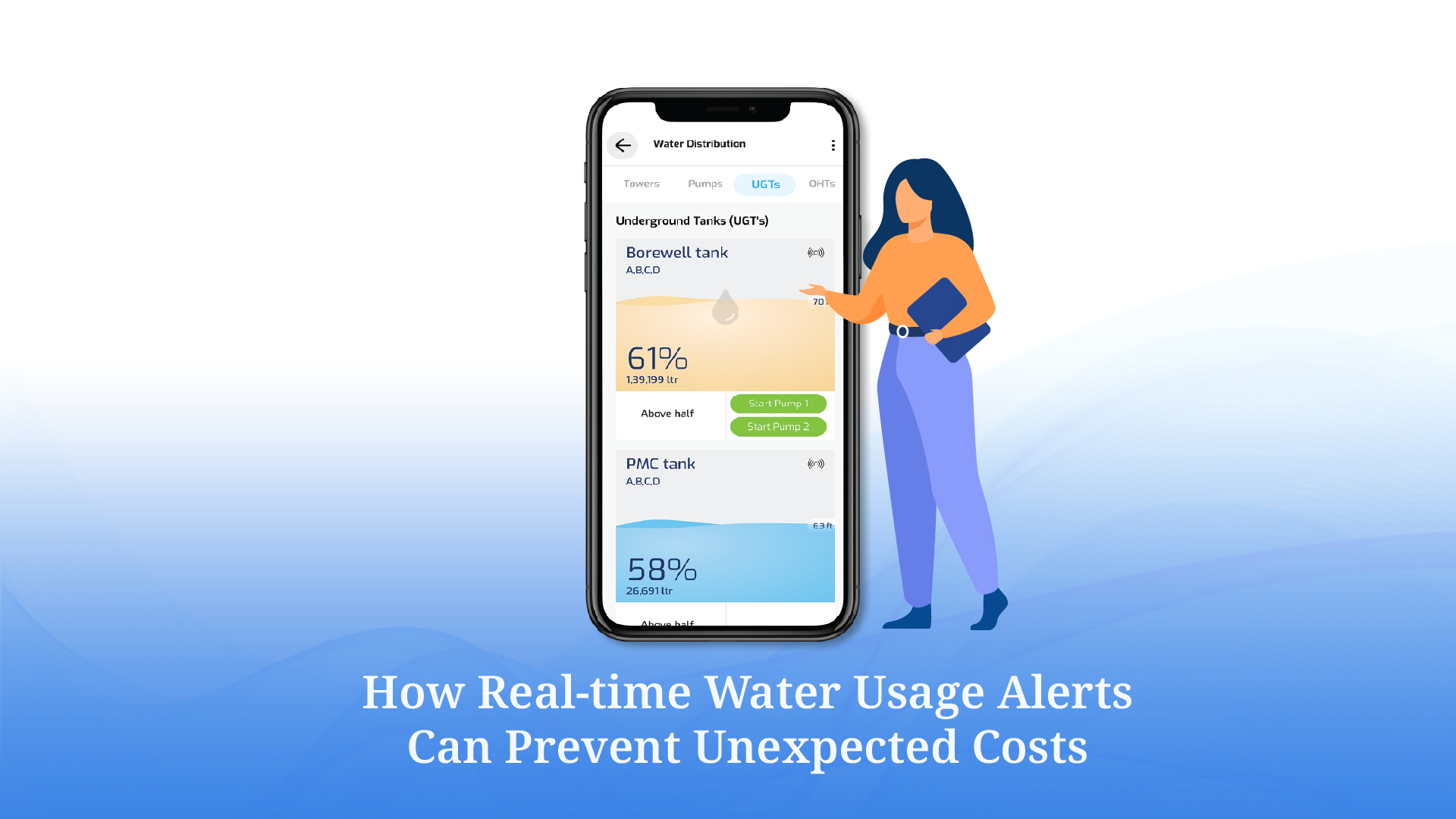The Role of Facility Maintenance in Achieving Energy Efficiency Goals

Energy efficiency is a growing priority for housing societies and urban communities. Rising energy costs, ageing infrastructure, and increasing environmental concerns make it essential to optimise building operations. One of the most effective ways to achieve this is through facility maintenance. It ensures that essential systems run efficiently and reduces unnecessary energy consumption and operational costs.
From HVAC systems and lighting to water pumps and security infrastructure, poorly maintained systems waste energy and drive up costs. A proactive maintenance strategy helps societies extend the lifespan of critical assets, improve efficiency, and prevent expensive repairs.
As technology continues to evolve, smart solutions are transforming facility maintenance. They help societies automate energy-saving processes, prevent inefficiencies, and achieve long-term sustainability goals.
What Is Facility Maintenance
When people think of maintenance, they often imagine fixing things when they break. But what is facility maintenance really about? It goes beyond repairs; it is a structured approach to ensuring buildings and essential systems function optimally.
Facilities maintenance includes routine inspections, preventive servicing, emergency repairs, and long-term sustainability planning. A well-maintained building not only operates more efficiently but also consumes less energy, reducing waste and overall costs.
Key areas covered under facilities maintenance include:
- HVAC and Ventilation Systems: Ensuring optimal heating and cooling without excess energy consumption.
- Lighting and Electrical Systems: Switching to energy-efficient LEDs and preventing power surges.
- Plumbing and Water Management: Identifying leaks, preventing wastage, and optimising water distribution.
- Security Systems and Access Controls: Ensuring surveillance and digital access systems function without power inefficiencies.
By adopting smart maintenance practices, societies can reduce costs while ensuring reliability, safety, and energy efficiency.


What Does Facility Maintenance Do?
A well-structured facilities maintenance plan covers a wide range of tasks that help buildings function at peak efficiency. So what does facilities maintenance do exactly? Here’s a breakdown:
-
Preventive Maintenance
Rather than waiting for a problem to occur, preventive maintenance helps avoid breakdowns before they happen. Some common practices include:
- Routine servicing of HVAC systems to ensure they run efficiently and consume minimal energy.
- Inspecting insulation and sealing gaps to prevent heat loss or cooling inefficiencies.
- Upgrading outdated lighting to energy-efficient alternatives.
-
Emergency Repairs
Unexpected breakdowns often lead to energy waste and increased costs. A faulty HVAC unit may run at half efficiency, which contributes to consuming more power while delivering poor performance. Prompt repairs prevent long-term waste and improve system efficiency.
-
Energy Optimisation
Facilities maintenance is directly linked to energy conservation. By implementing smart energy strategies, societies can:
- Track and optimise electricity consumption through automated building management systems.
- Use smart meters to monitor usage trends and detect inefficiencies.
- Implement scheduling for lighting and HVAC to prevent unnecessary energy use.
-
Sustainable Water and Security Management
Water pumps, security surveillance, and elevator systems consume significant energy. Regular maintenance ensures that these utilities function optimally without wasting resources. With intelligent monitoring systems, societies can track performance and prevent inefficiencies.
How Smart Solutions Are Transforming Facility Maintenance
The way societies manage their infrastructure is evolving. Traditional, reactive maintenance methods often lead to inefficiencies, high energy consumption, and costly breakdowns. However, with the right technology, societies can optimise energy use, reduce downtime, and improve overall efficiency.
One of the biggest advancements is the Internet of Things (IoT), which enables:
- Real-Time Monitoring: IoT sensors track energy and water usage, providing instant data that helps societies make informed decisions.
- Automated Alerts and Remote Access: Maintenance teams receive immediate notifications about inefficiencies, allowing for quicker interventions.
- Smart Water and Energy Management: Digital systems detect leaks, monitor power consumption, and optimise HVAC and lighting based on usage patterns.
These solutions create smarter, more efficient communities—but to maximise their potential, they need to be seamlessly integrated into a connected ecosystem. That’s where Planet Smart City leads the way.
Revolutionising Facility Maintenance with Planet Smart City
At Planet Smart City, we go beyond basic automation. We integrate data-driven insights, IoT connectivity, and intelligent monitoring to create a unified, efficient, and future-ready facility management approach.
With Planet SIM, our proprietary smart infrastructure platform, societies can:
- Monitor Energy Consumption in Real-Time: Get detailed insights into electricity and water usage, helping reduce waste and optimise efficiency.
- Automate Maintenance Schedules: Ensure that HVAC, lighting, and water systems operate at peak efficiency without unnecessary manual intervention.
- Enhance Security and Building Management – Maintain smart surveillance, controlled access, and optimised resource usage for a seamless experience.
- Detect and Prevent Resource Wastage – Identify leaks, inefficiencies, and excessive energy use before they become major cost burdens.
By leveraging connected systems and intelligent data, Planet Smart City is redefining facility maintenance. This helps societies cut costs, improve efficiency, and create truly sustainable urban communities.
A Smarter Future for Energy-Efficient Societies
Facilities maintenance is key to optimising energy use, reducing costs, and ensuring long-term sustainability. With Planet SIM, societies gain better visibility and control over maintenance, enabling smarter decisions that prevent waste and improve efficiency.
Smart maintenance is the foundation of energy efficiency. Societies that adopt digital solutions today will create more sustainable communities for the future.
Popular Searches
housing society secretary responsibilities | who cannot become committee member of housing society | difference between society and community | women home buyers | gated communities in pune | housing society problems | cooperative housing society rules | residential property management | facility management




